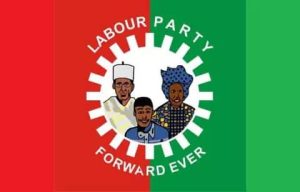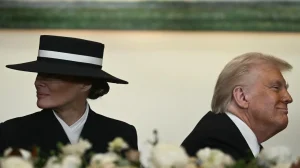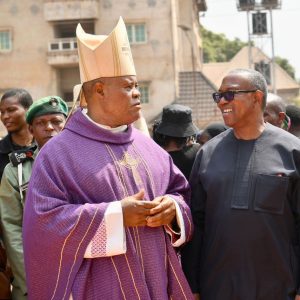Nigeria: 10 Years After the 2020 Protests – Where Did We End Up (2)?, By Daniel Akinmade Emejulu


Traditional wisdom says the power of young Nigerians lies in our ability to influence the best ideals of politics. From 2020, Nigeria’s new generation claimed a more pragmatic power: Not being influenced by the worst realities of politics. Progress followed.
In 2023, social media helped to identify violent actors or people destroying ballots. Corrupt election officials were exposed by name, face, and badge on live stream broadcasts. People who tried to violate our votes were turned into digital villains, and then taken into police custody. Social media became a sacred tool of statecraft with a new responsibility: Defending our democracy. We demanded that observers – youth, foreign and local – gain access to all stages of the voting process. No more secret rooms for anything concerning ballots. Now? The worst manifestations of politics that previously influenced our apathy, influence us no more.
Nigerians have also come to accept individual accountability for voting in leaders who failed us; leaders who turned out to reverse progress. Our votes and beliefs became separated from our identities after 2020. So that when a leader did not achieve progress, or when a treasured argument was no longer cogent, we could recognise our decision was wrong. Not us, but the decision. Our guiding allegiance shifted from blind-faith and affinity to logic and reason. We claimed the freedom to change. Nigerian youth is time to be wise and start putting things in order..





